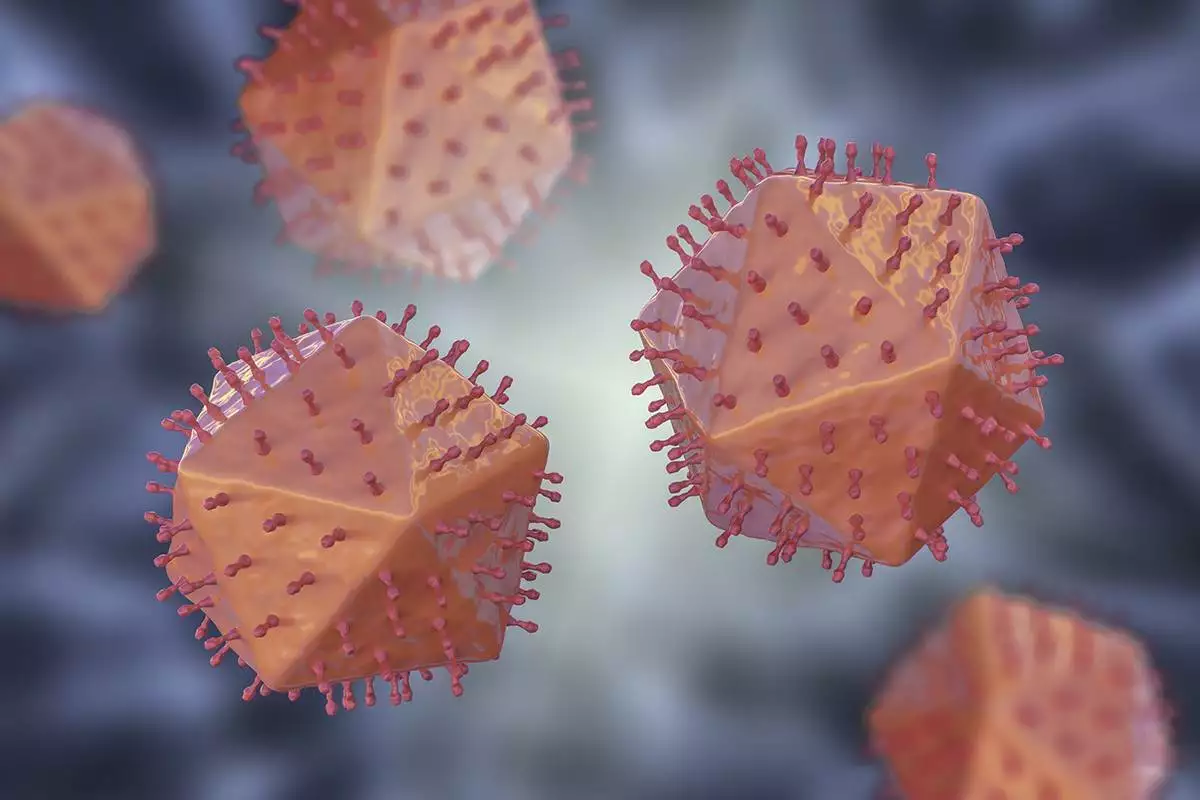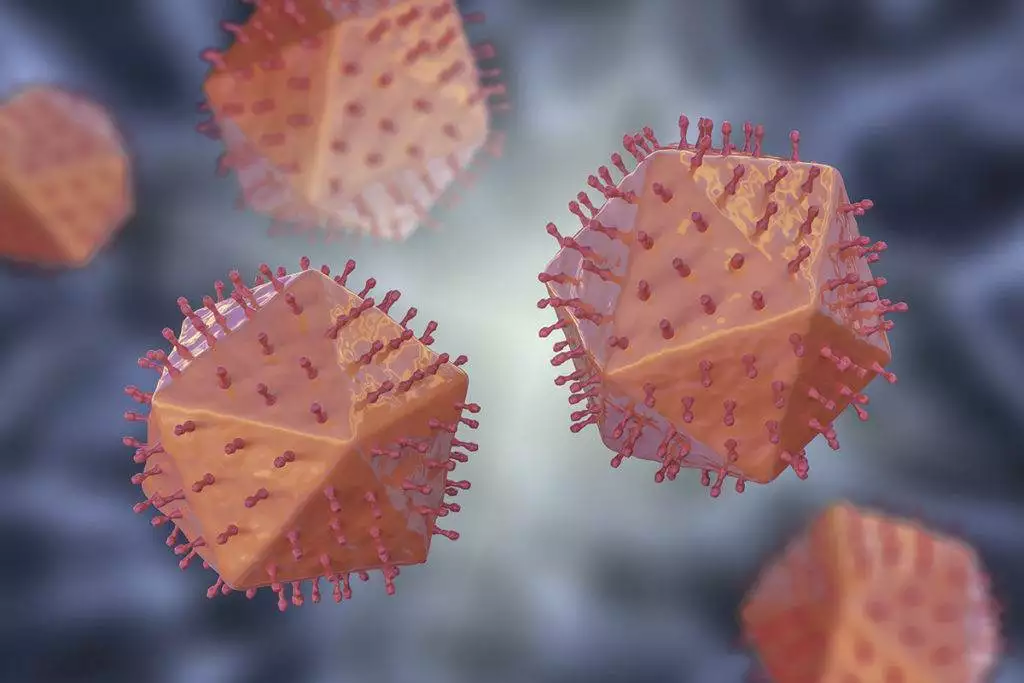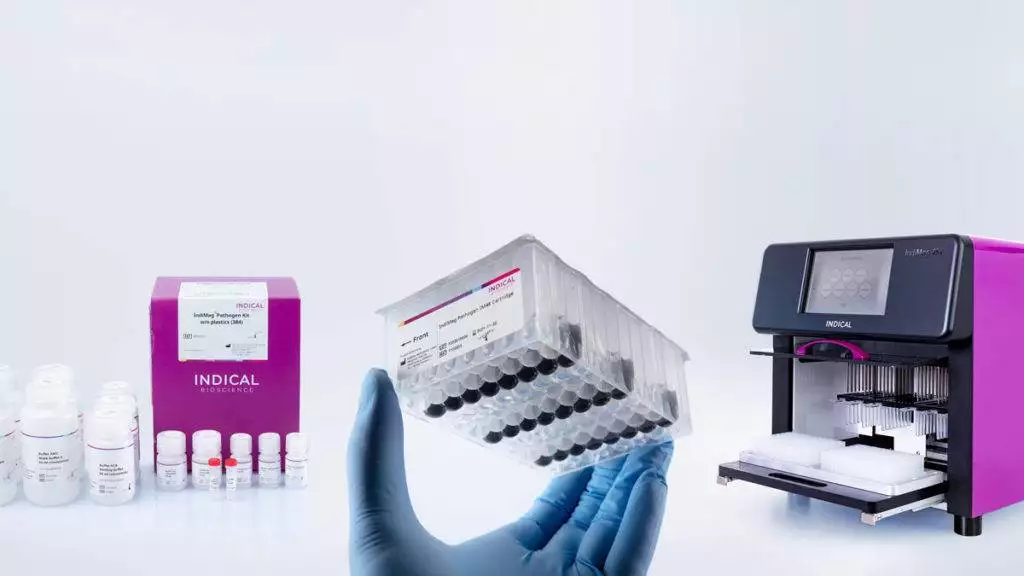African swine fever (ASF) is a notifiable, contagious viral hemorrhagic disease of swine, responsible for high mortality and serious economic losses. In the paper Swift and Reliable “Easy Lab” methods for the sensitive molecular detection of African swine fever, researchers from the Friedrich-Loeffler-Institut (FLI) aimed to simplify and standardize the molecular diagnostic workflow in the lab using prefilled, ready-to-use IndiMag Pathogen Cartridges for nucleic acid extraction prior to (real-time) PCR.
The study concluded that:
- EDTA blood and bloody materials are the sample matrices of choice for sensitive ASFV genome detection, independent of the course and phase of the disease.
- If optimal specimens are used for the molecular detection of ASFV, several extraction, and qPCR methods are “fit for purpose”. The selection of the ideal system for a specific lab depends on various factors (samples per day, trained personnel, technical resources, etc.).
- Based on the minimization of manual handling and working time, we showed that simplification and standardization of DNA extraction and qPCR methods do not result in reduced diagnostic sensitivity and actually reduces the risk of false-negative results, especially in high throughput scenarios.
At INDICAL, we share scientific insights, because improved exchange of knowledge and increased awareness are crucial in implementing efficient and coordinated ASF control strategies.
Explore INDICAL’s solutions for extraction and identification of ASFV







